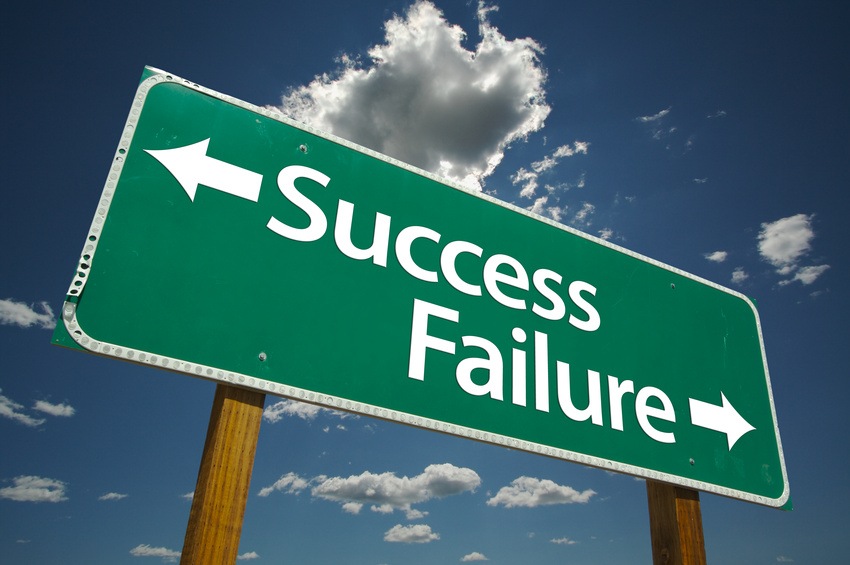Social Media...Web 2.0...Facebook...Twitter...Google...
They haven't always been a part of our lives, however today it's impossible to imagine our lives without those platforms...
Even if u don't Tweet or use Facebook,you still use Google.
What will you tell a friend who doesn't know something? "Well,Google it".
And that's directly what most of us do.
However have anyone ever thought about the principle of Google work?
Actually Google was created more than 10 years ago by Larry Page and Sergey Brin.
It all began us a University project but very soon they understood that with the development of the Internet and appearance of numerous webpages, there should appear an engine that will arrange all the information in a logical way. And definately provide users with that information when needed. That's how Google was born.
However, obviously, Google is not a tiny room with one person who operates the engines-that are the massive headquarters all over the world. But that wasn't always. In the beginning Larry nad Sergey had to find out how to cover the expences for Google: all the equipment and stuff.
The main principle of Google-it's free.
So how make money out of service that is free for everyone?
The advertising came up.
Have you ever noticed that social media platforms know exactly what you want? Facebook or Vkontakte (Russian social network) know exactly what links to offer you.
At the times I didn't know how those engines work, I was amazed and surprised how these platforms find out what I want? Is it a miracle?
Well there is no miracle at all. The search engines are optimised for people.
How they work?
The are specifically tailored for your needs as they actually collect all the information you provide them with.
"How can it be?"you can ask. "I don't give them any of my personal information".
It's not true. Everytime you type the words in the search engine like Google, it remembers your words and next time shows you the pages that can be similar to your usual requests.
Some of you can be incredibly happy with that,however let's think about our personal identity.
Are we unique now? If the search engine want's you to be like many other people like you, doesn't that mean that you lose yourself?
That philosophy of masses is very convinient for the people who want to sell us something.
Many ears ago, when there was no internet, we used to find out all the necessery information ourselves.
We didn't rely on the search engines. Probably that is why we still have our individuality. But what about the next generations?
Another question to rise is the question of privacy.
One day the huge corporation name AOL revealed all the Google searches of it's users for a three month period.
All the names of users were in numerical code,that created the visibility of privacy.
However one journalist from the NY Times decided to find out-is it possible to find a person just knowing the numerical code and the tag words?
You know what? He found a person just within 4 (!!!) hours only with a help of telephone and internet.
What does that small episode show?
Well,obviously,that there is no Internet privacy at all.
Choosing the world of social media, we subscribe to lose our own identity and privacy.
Is internet access a good price to lose such important things we have?
Well it's up to you to decide use social networks or not.However you should always remember that once you use Internet you're not alone anymore. The question is - what is the size of your private life part you want to share with the rest of the world?










